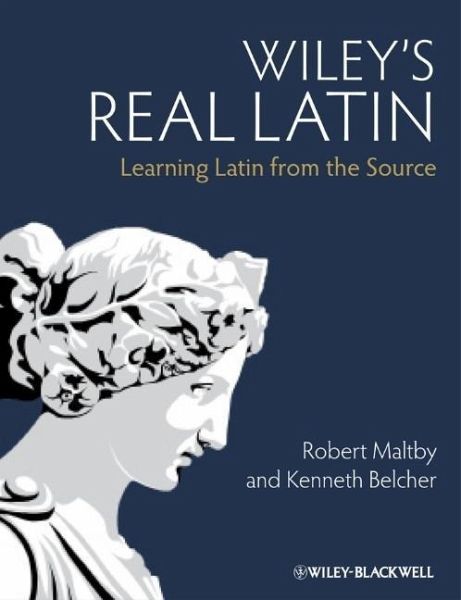
Wiley's Real Latin: Learning Latin from the Source
Versandkostenfrei!
Versandfertig in über 4 Wochen
137,99 €
inkl. MwSt.

PAYBACK Punkte
69 °P sammeln!
This text is a welcome addition for teachers of beginning undergraduates in Latin. Its special feature is a highly original use of examples from classical Latin authors to communicate the essentials of the language's grammar. The authors' work has been informed throughout by feedback from students, and the book's accessible format includes numerous illustrations and translation exercises. A thorough guide to traditional Latin grammar, this will give students a firm introduction to Latin grammar.
This innovative guide to the Latin language, written for a new generation of students, deploys examples and translation exercises taken exclusively from the Classical Latin canon. * Translation exercises use real Latin from a variety of sources, including political speeches, letters, history, poetry, and plays, and from a range of authors, including Julius Caesar, Cicero, Virgil, Catullus, Ovid, and Plautus, among others * Offers a variety of engaging, informative pedagogical features to help students practice and contextualize lessons in the main narrative * Prepares students for immersion in the great works of Classical Latin literature * A companion website provides additional exercises and drills for students and teachers












